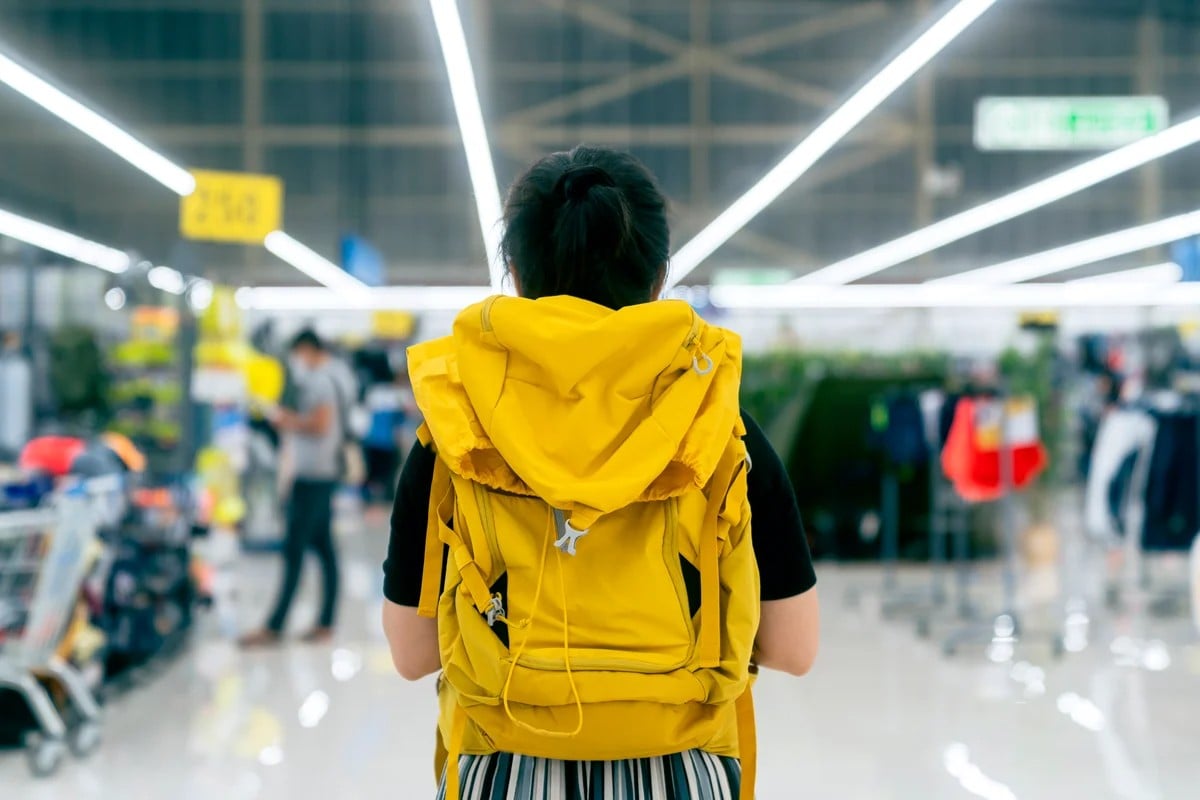
Cataleya* never saw it coming. Life had already dealt her difficult cards, her father had recently passed away, and despite her criminology degree, finding meaningful work in her field remained elusive.
She was living in the Philippines. Once a US territory, and to this day, a lot of Filipinos have a slight American accent. This means the country has become a hub for call centres. For Cataleya, her call centre job paid the bills, but it wasn't what she had dreamed of doing. She felt stuck.
But, when she grew close with a colleague, bonding over drinks and after-work hangouts, it seemed as though Cataleya's luck was finally turning around.
The colleague's boyfriend invited Cataleya to join them in Thailand, where he planned to propose. Everything from flights and accommodation would be paid for. All Cataleya had to do was film the proposal.
Watch: Chanelle McAuliffe on what Belle Gibson has been doing since her scam was discovered. Post continues after video.
A free trip to paradise with friends to witness a romantic proposal? It seemed as though Cataleya had struck gold.
"I was so excited for them," Cataleya said on the Scammerland podcast. "I know them for a long time, like they were friends. And I didn't think they would put me in danger."





























































































